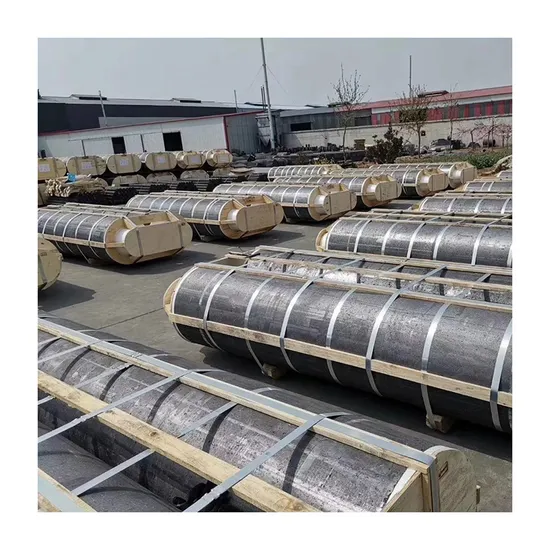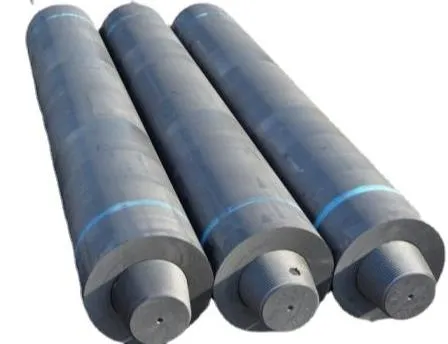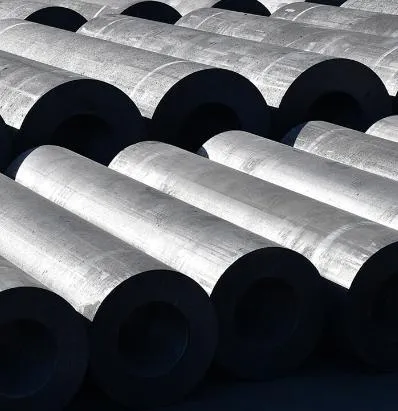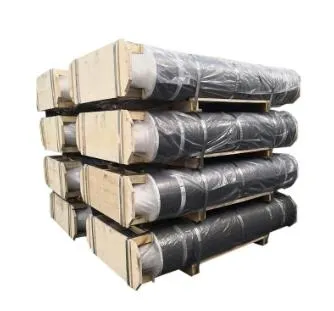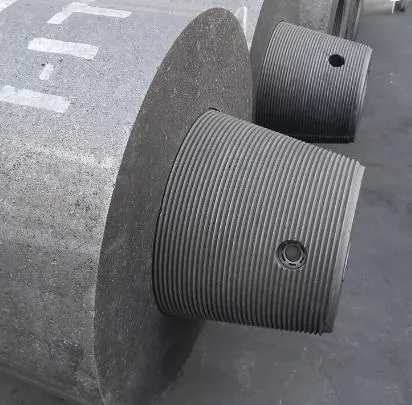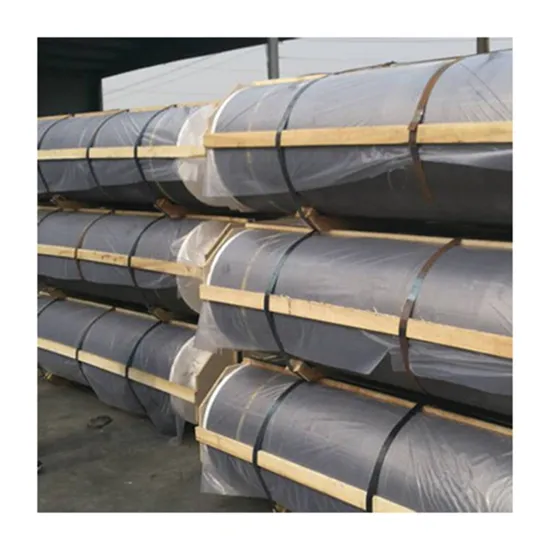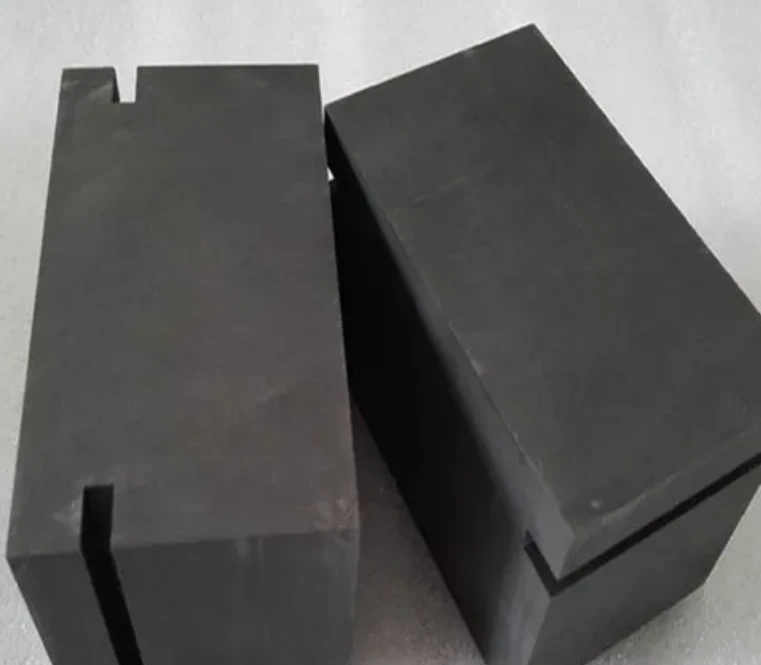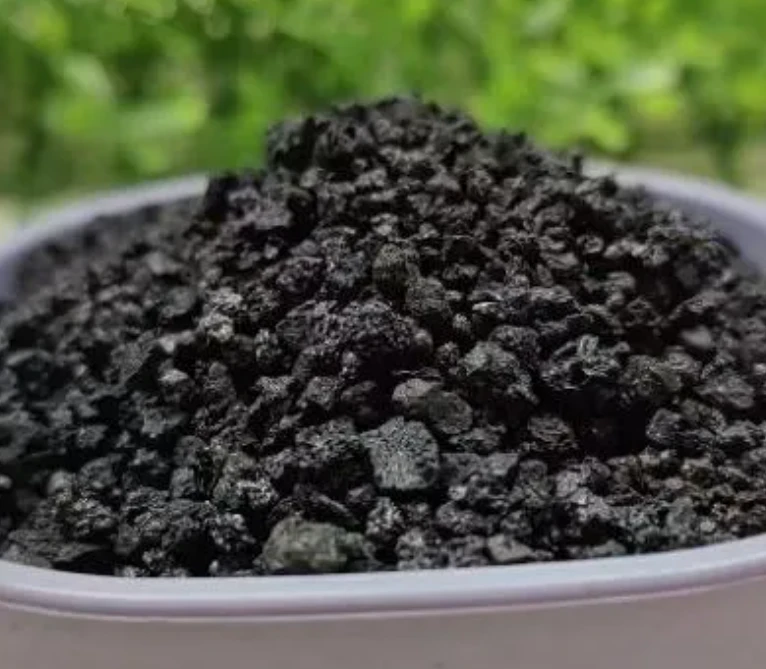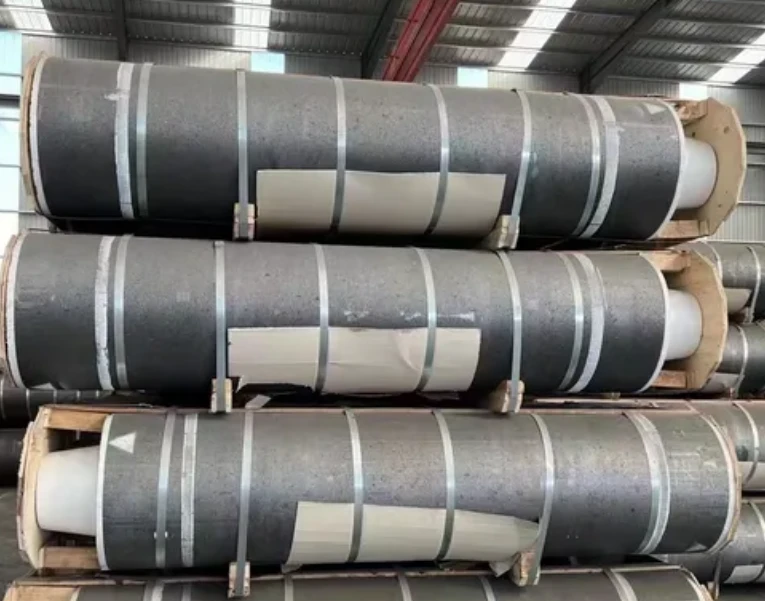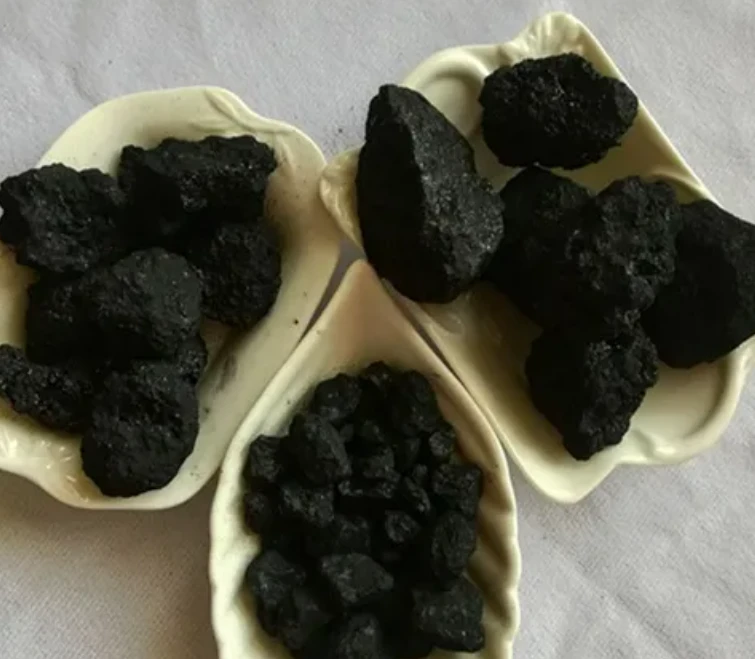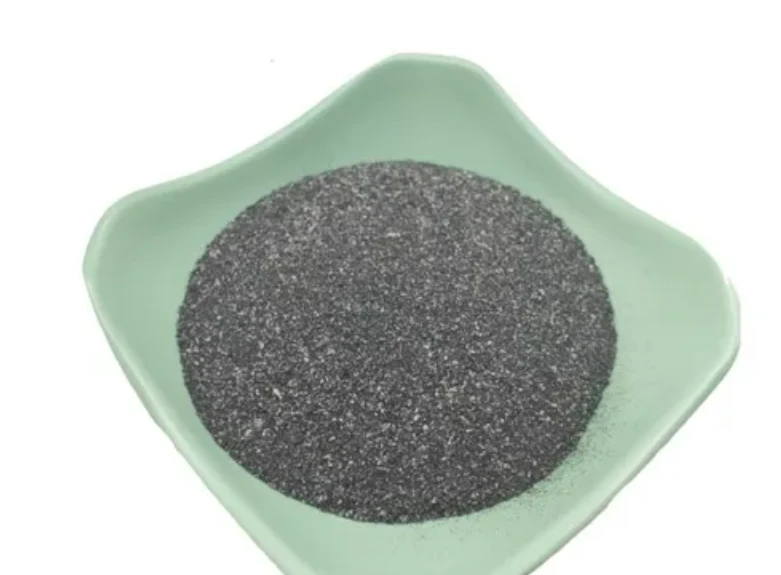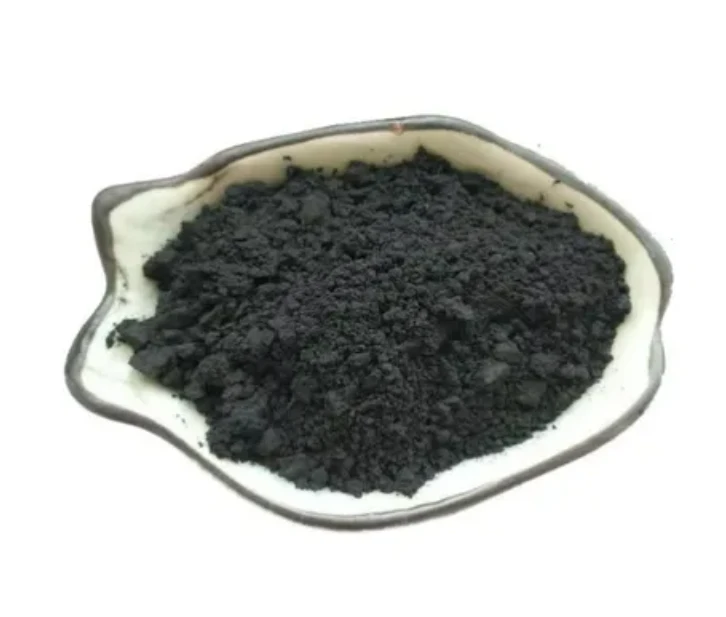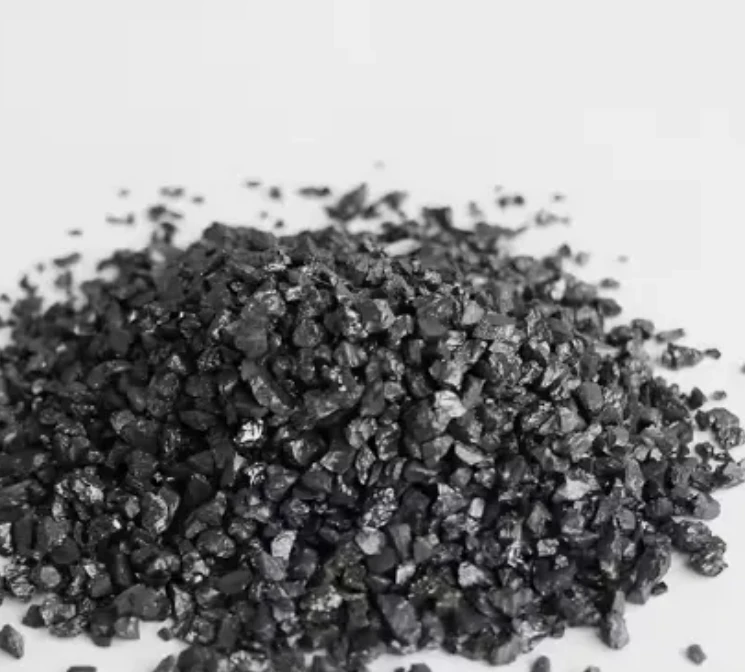- Englist


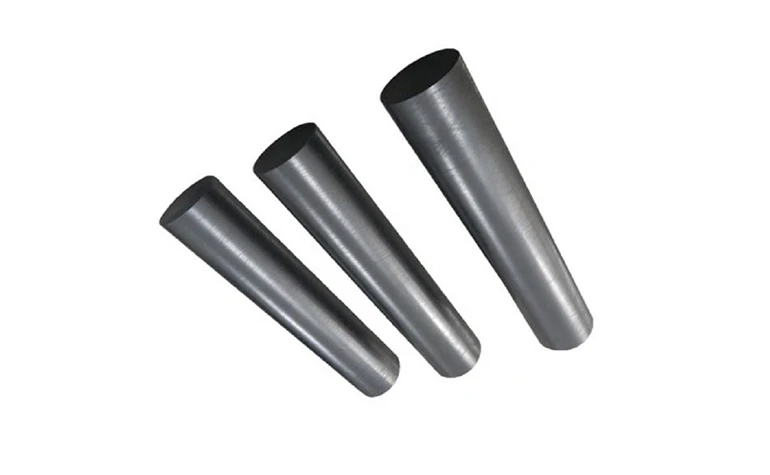
- Introduction to Calcined Coke Uses
- Production Process and Technical Advantages
- Key Properties and Performance Data
- Comparing Leading Pet Coke Manufacturers
- Customization Options for Diverse Applications
- Industrial Application Cases and Market Trends
- Conclusion: Unlocking Potential with Calcined Coke Uses

(calcined coke uses)
Introduction: Exploring Calcined Coke Uses in Modern Industries
Calcined coke plays a crucial role in a variety of industrial processes where high-quality carbon materials are required. Understanding calcined coke uses
is essential for sectors ranging from metallurgy to energy storage. The transformation of raw petroleum coke into calcined petroleum coke involves precise control of temperature and atmosphere, enhancing its carbon content and reducing volatile matter. This engineered product supports essential applications that demand heat resistance and electrical conductivity. Industries, including aluminum production, steel manufacturing, and chemical synthesis, depend on calcined petroleum coke for its performance characteristics, placing significant emphasis on the source and processing technologies of coke suppliers.
Production Process and Technical Advantages
The manufacturing process of calcined petroleum coke is a sophisticated combination of controlled heating and inert atmospheres, which drive off volatile hydrocarbons and minimize impurity content. Typically, green petroleum coke is calcined in rotary kilns at temperatures up to 1400–1500°C. The resulting product features stable carbon structures, low sulfur content (0.5–3.0% depending on source), and minimal ash (<0.5% by mass). These improvements are crucial for high-end applications such as aluminum smelting, where the purity of the carbon anode directly influences process efficiency and product quality. Technical advancements like continuous calcination monitoring, precision atmosphere control, and real-time impurity analysis further contribute to the consistent quality output now expected by global buyers.
Key Properties and Performance Data
Well-refined calcined petroleum coke demonstrates properties that meet the demanding requirements of metallurgy and electrode manufacturing. For instance, electrical resistivity is typically under 75 μΩ·m, while bulk density ranges from 0.9 to 1.2 g/cm³—a feature highly valued in high-current applications. Sulfur and metal impurity concentrations are rigorously controlled. The following table compares typical technical parameters found in leading calcined coke products:
| Key Parameter | Calcined Petroleum Coke | Green Petroleum Coke |
|---|---|---|
| Fixed Carbon (%) | 98.5–99.5 | 80–87 |
| Sulfur (%) | 0.5–3.0 | 1.5–8.0 |
| Ash Content (%) | <0.5 | 0.5–2.5 |
| Moisture (%) | <0.5 | 1–9 |
| Volatile Matter (%) | <0.5 | 12–17 |
| Bulk Density (g/cm³) | 1.05–1.2 | 0.8–1.0 |
| Electrical Resistivity (μΩ·m) | 60–75 | - |
These data emphasize the enhanced purity, carbon content, and electrical properties achieved through calcination—a foundation for optimized performance in high-value products.
Comparing Leading Pet Coke Manufacturers
When evaluating pet coke manufacturers, several criteria significantly impact product selection—namely, processing technology, consistent quality, supplier capacity, and compliance with industry standards. Major global producers include Oxbow Carbon LLC, Rain Carbon Inc., and BP. The differentiation often lies in feedstock choice, process control, and investment in continuous improvement. For example, Rain Carbon leverages advanced rotary kiln calcination and strict feedstock selection, resulting in coke with sulfur levels consistently below 1%. Oxbow Carbon, with its wide global sourcing network, offers flexible grades tailored to specialized industries. Domestic and regional manufacturers may provide competitive costs or faster delivery, but require close QA/QC collaboration to match global benchmarks. In this highly competitive space, the best suppliers demonstrate transparency in technical data, strong supply chains, and robust after-sales engineering support.
Customization Options for Diverse Applications
Modern end-users increasingly look for custom solutions from suppliers who understand nuanced calcined coke uses. Customization may involve tailoring particle size, sulfur content, or packaging for application-specific needs. For instance, battery-grade coke demands ultra-low metallic impurities and tailored surface area, while steel recarburizers may prioritize cost-efficiency and controlled reactivity. Some manufacturers now offer specialty calcined petroleum coke with enhanced graphitizability for lithium-ion battery anodes or high-purity options for carbon black production. Close technical collaboration between user and supplier enables trial batches, application testing, and parameter fine-tuning—resulting in optimal performance and minimized waste. This customer-specific approach strengthens long-term partnerships and delivers tangible value beyond the base commodity product.
Industrial Application Cases and Market Trends
The prominent uses of calcined petroleum coke span multiple sectors. In aluminum production, over 80% of calcined coke is used as anode material, supporting the global output of 67 million metric tons of aluminum annually. Steelmakers apply coke as a recarburizer to adjust carbon content and improve mechanical properties. In titanium dioxide plants, calcined coke serves as an energy source and process agent for pigment production. Recent growth is observed in battery manufacturing, particularly for lithium-ion batteries, where ultra-high purity coke is indispensable for anode fabrication. The chart below illustrates major application segments and their estimated market share:
| Industrial Sector | Estimated Market Share (%) | Key Performance Requirement |
|---|---|---|
| Aluminum Smelting | ~80 | High purity, low sulfur, high bulk density |
| Steel Manufacturing | 12 | Cost-effective, controlled reactivity |
| Titanium Dioxide Production | 5 | Energy value, process compatibility |
| Battery Manufacturing | 2 | Maximum purity, specific particle size |
| Others (Foundry, Chemical Synthesis) | 1 | Specialty grades, technical support |
Market dynamics reflect growing demand for advanced grades and regional shifts in production, notably in Asia and the Middle East. Forward-looking companies invest in technology, environmental compliance, and logistics to maintain a competitive edge.
Conclusion: Advancing Industry Standards through Calcined Coke Uses
As industries seek higher efficiency and better resource utilization, the strategic application of calcined petroleum coke continues to expand. From driving aluminum and steel innovation to supporting battery technology and specialty chemicals, calcined coke uses are diversified and growing. Suppliers who combine technical capacity, custom solutions, and strong market intelligence will address both current and emerging needs. Investment in advanced process control, product certification, and customer-focused R&D stands out as critical to unlocking the full potential of petroleum coke uses in complex global markets.
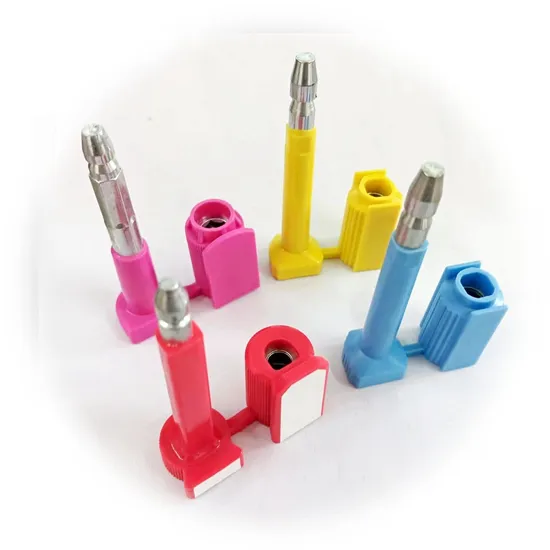
(calcined coke uses)





 Pervious
Pervious
 Next
Next
